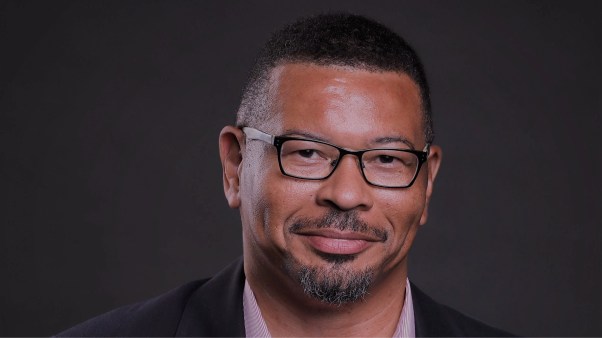
This week’s resource, Excellent Worship with a Volunteer Team, is designed to help your church develop a capable worship team. The following excerpt is included as part of the download, which offers helpful guidance on setting standards of excellence for everyone involved in preparing and performing your church’s worship.
“Do your pastor and arts team meet weekly to evaluate your services?” It’s a question I’ve asked in leadership gatherings all over the world, and every time, I’m disappointed by how few hands go up in response.
Some leaders wonder if evaluation is biblical. Others default to the lack-of-time excuse: Sundays come so regularly we must move on to the next. And then there’s defensiveness: Most of us don’t know how to give or receive constructive criticism without sinning! It’s much safer to put last Sunday behind us and brainstorm for the next.
Here’s a bold challenge: begin engaging in a weekly process of evaluating Sunday services. Here’s what you’ll gain:
1. Reason to celebrate. Always begin evaluation discussions with celebration. Focus first on the good work God did through your service. Ask team members to identify moments from the service when it felt obvious God was at work, and affirm the hard work and creativity of team members whose contributions made those moments possible.
Be specific in how you honor one another, and watch how the eyes of team members light up as they feel appreciated. Share any stories you may have heard about how people in the congregation were inspired, challenged, or transformed during the Sunday service.
All together, your team can say “Yeah, God!” for everything that worked well.
2. Reality checks. My pastor says a primary task of every leader is to define reality. Evaluation meetings enable teams to truthfully assess not only what was effective, but also what did not go well. Did parts of the service fail to communicate with authenticity, clarity, excellence, biblical relevance, or creativity? Together we have the courage to admit that despite our efforts, some moments didn’t deliver as we hoped.
Any team that learns over time to navigate such conversations in a safe environment is a healthy team.
3. Learning from last week. The goal of evaluation is not perfection, but consistent growth and improvement over the long haul. It’s all about learning. Together we ask, “What can we do better in our process or planning so we won’t make the same mistake next time?”
At my church, we’ve been evaluating and learning since our earliest days, when we took a lot of risks and made a lot of mistakes. The only way any team gets better is by learning from last week. We build a portfolio of “learnings” that refines our instincts and leads us to more informed choices next time.
So how about it? Will you dare to evaluate every week? It may not be easy, but you won’t regret it.
This article was adapted from our sister publication,Leadership journal, and appears in our resource Excellent Worship with a Volunteer Team.








